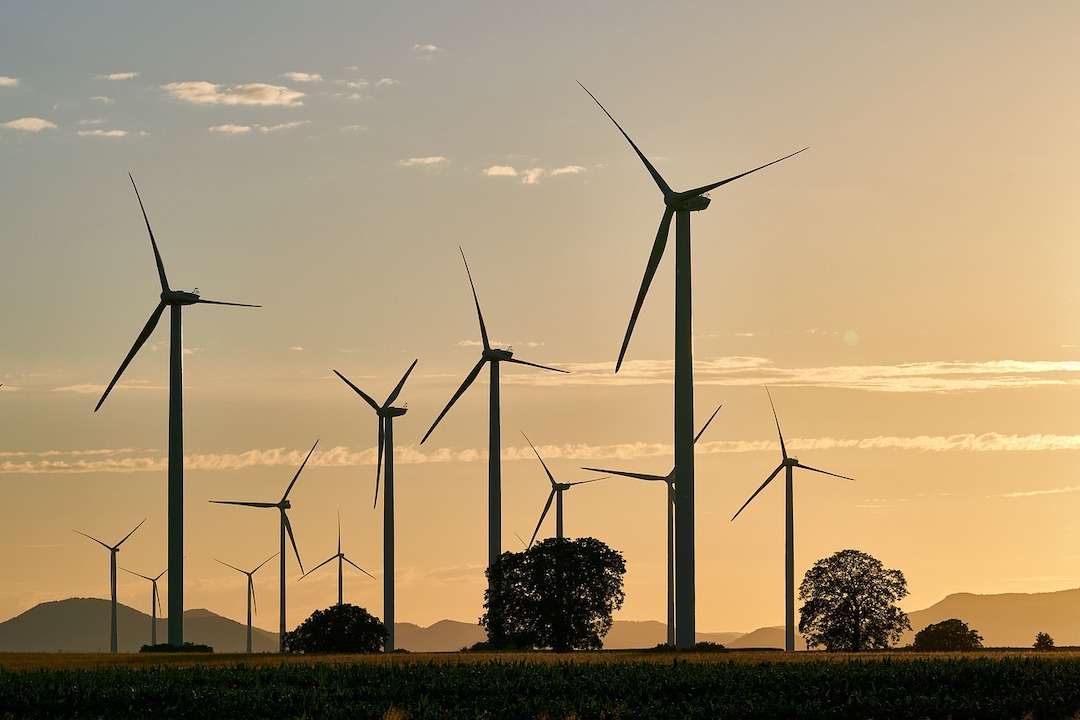The U.S. Department of Energy (DOE) said it will fund $61 million for 10 pilot projects that will deploy new technology for thousands of homes and workplaces to accelerate renewable energy adoption and grid resilience.
The 10 connected communities will equip more than 7,000 buildings with smart controls, sensors, and analytics to reduce energy use, costs, and emissions. The technology will allow building systems to interact with the electrical grid to optimize energy consumption.
U.S. Secretary of Energy Jennifer M. Granholm said the projects will “help universalize the technology” and further efforts towards “a carbon-neutral, clean energy economy by 2050.” Connected communities of grid-interactive efficient buildings (GEBs) use smart controls, sensors, and analytics to communicate with the electric grid, reducing the amount of energy they require during periods of peak demand.
A recent DOE study estimated that by 2030 GEBs could save up to $18 billion per year in power system costs and cut 80 million tons of carbon emissions each year. That is more than the annual emissions of 50 medium-sized coal plants or 17 million cars. DOE says its first two connected communities in Alabama and Georgia have already demonstrated this potential by using 42%-44% less energy than today’s average all-electric home.
Related Stories
| Aug 29, 2022
Montana becomes first U.S. state to approve 3D printing in construction
Montana is the first U.S. state to give broad regulatory approval for 3D printing in building construction.
| Aug 25, 2022
New York City’s congestion pricing aims to reduce traffic, cut carbon
Officials recently released an environmental assessment that analyzes seven different possible pricing schemes for New York City’s congestion pricing program.
| Aug 23, 2022
New Mass. climate and energy law allows local bans on fossil fuel-powered appliances
A sweeping Massachusetts climate and energy bill recently signed into law by Republican governor Charlie Baker allows local bans on fossil fuel-powered appliances.
| Aug 22, 2022
Gainesville, Fla., lawmakers moved to end single-family zoning
The Gainesville City Commission recently voted to advance zoning changes that would allow duplexes, triplexes, and quadplexes to be built on land currently zoned for single-family homes.
| Aug 16, 2022
DOE funds 18 projects developing tech to enable buildings to store carbon
The Department of Energy announced $39 million in awards for 18 projects that are developing technologies to transform buildings into net carbon storage structures.
| Aug 11, 2022
Report examines supposed conflict between good design and effective cost management
A report by the American Institute of Architects and the Associated General Contractors of America takes a look at the supposed conflict between good design and effective cost management, and why it causes friction between architects and contractors.
| Aug 10, 2022
U.S. needs more than four million new apartments by 2035
Roughly 4.3 million new apartments will be necessary by 2035 to meet rising demand, according to research from the National Multifamily Housing Council (NMHC) and National Apartment Association.
| Aug 9, 2022
Work-from-home trend could result in $500 billion of lost value in office real estate
Researchers find major changes in lease revenues, office occupancy, lease renewal rates.
Legislation | Aug 8, 2022
Inflation Reduction Act includes over $5 billion for low carbon procurement
The Inflation Reduction Act of 2022, recently passed by the U.S. Senate, sets aside over $5 billion for low carbon procurement in the built environment.
Legislation | Aug 5, 2022
D.C. City Council moves to require net-zero construction by 2026
The Washington, D.C. City Council unanimously passed legislation that would require all new buildings and substantial renovations in D.C. to be net-zero construction by 2026.

















